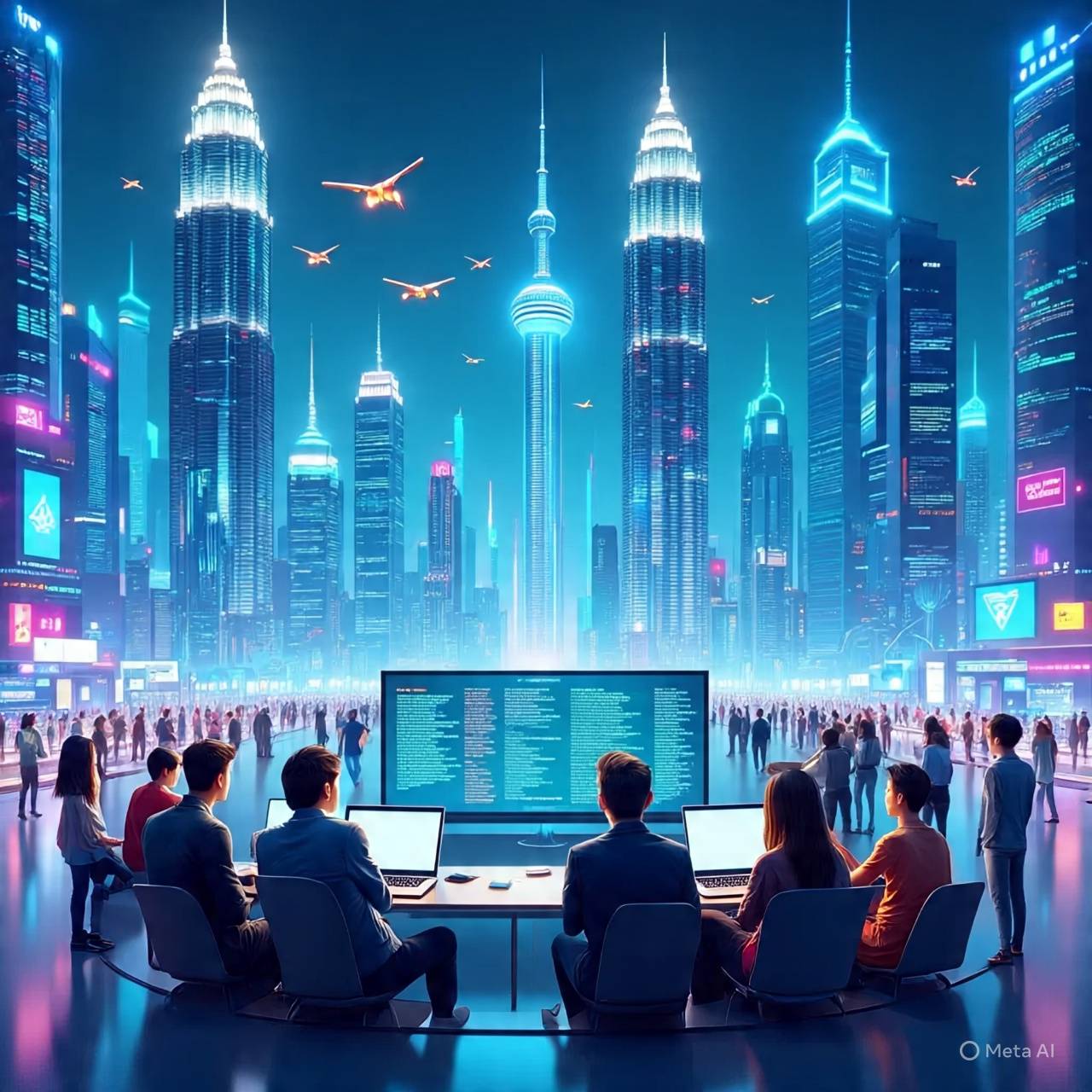Light pollution, the excessive or obtrusive light at night, is a growing concern for human health. According to a study published in the journal Sleep Health, exposure to light pollution can disrupt the body's natural sleep-wake cycle, leading to a range of health problems. Light pollution can also have significant impacts on the environment, including the disruption of ecosystems and the loss of biodiversity.
*Sleep Disturbances*
One of the most significant impacts of light pollution on human health is its effect on sleep. According to a study published in the journal Environmental Health Perspectives, exposure to light pollution can suppress the production of melatonin, the hormone that regulates sleep. This can lead to sleep disturbances, including insomnia and daytime fatigue. Sleep disturbances can have significant impacts on overall health, including increased risk of chronic diseases such as diabetes and cardiovascular disease.
*Circadian Rhythm Disruption*
Light pollution can also disrupt the body's natural circadian rhythm, which can have significant impacts on health. According to a study published in the journal Chronobiology International, disruption of the circadian rhythm can lead to problems with sleep, digestion, and hormone regulation. This can increase the risk of chronic diseases, including obesity, diabetes, and cardiovascular disease.
*Cancer Risk*
Some studies have also suggested that light pollution may increase the risk of certain types of cancer, including breast and prostate cancer. According to a study published in the Journal of the National Cancer Institute, exposure to light pollution may suppress the production of melatonin, which has been shown to have anti-cancer properties.
*Mitigating the Impacts of Light Pollution*
To mitigate the impacts of light pollution on human health, it is essential to take steps to reduce exposure to artificial light at night. According to a study published in the Journal of Clinical Sleep Medicine, using dim red lights, avoiding screens before bedtime, and creating a dark sleep environment can help to reduce the impacts of light pollution on sleep. Additionally, communities can implement policies to reduce light pollution, such as using shielded light fixtures and promoting energy-efficient lighting.
Light pollution is a significant public health concern, and it is essential to take steps to mitigate its impacts. By reducing exposure to artificial light at night and promoting healthy sleep habits, we can reduce the risk of chronic diseases and improve overall health [1].
Reducing light pollution requires a collective effort, and individuals, communities, and policymakers can all play a role in promoting healthy lighting practices. By working together, we can reduce the impacts of light pollution on human health and promote a healthier environment.



